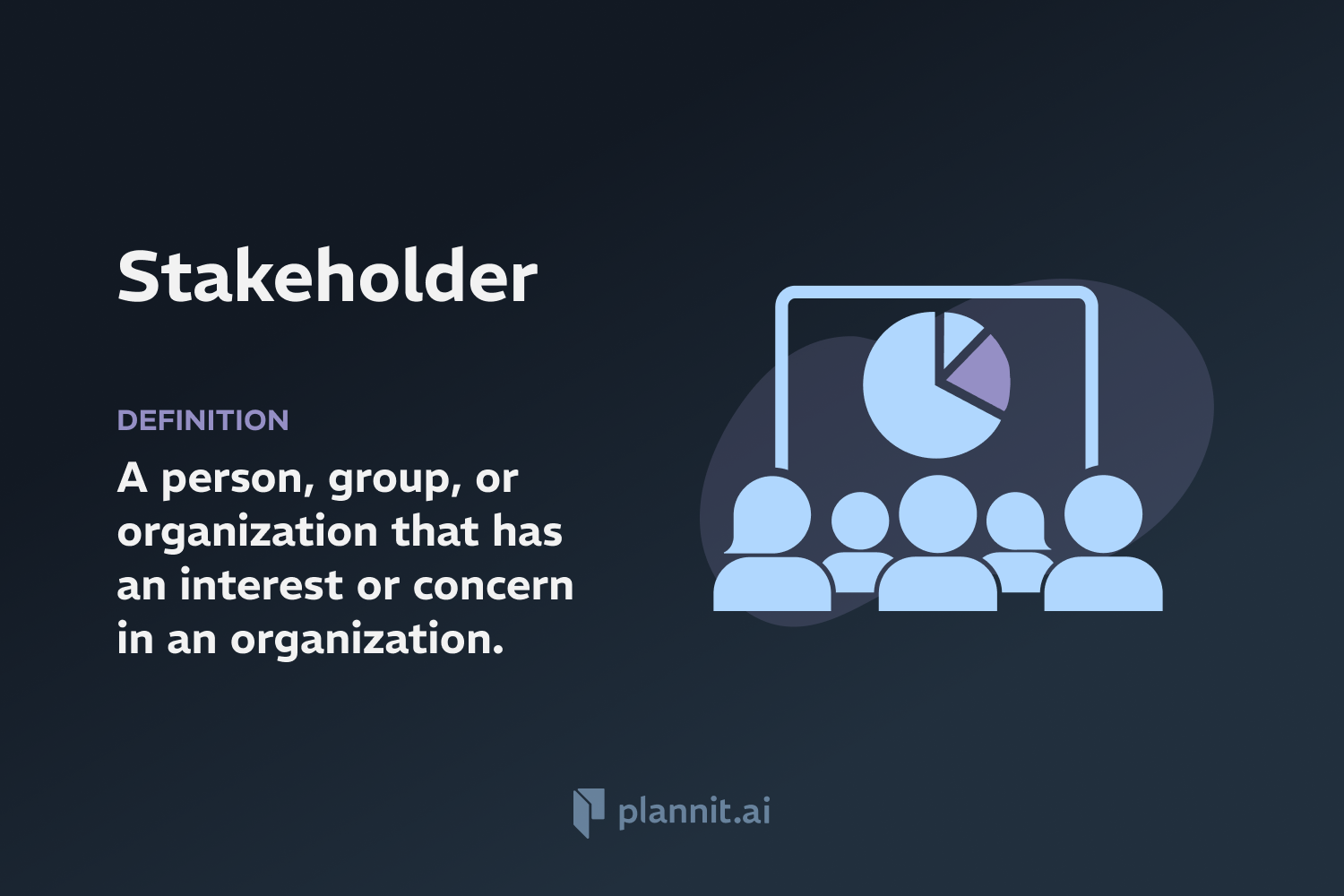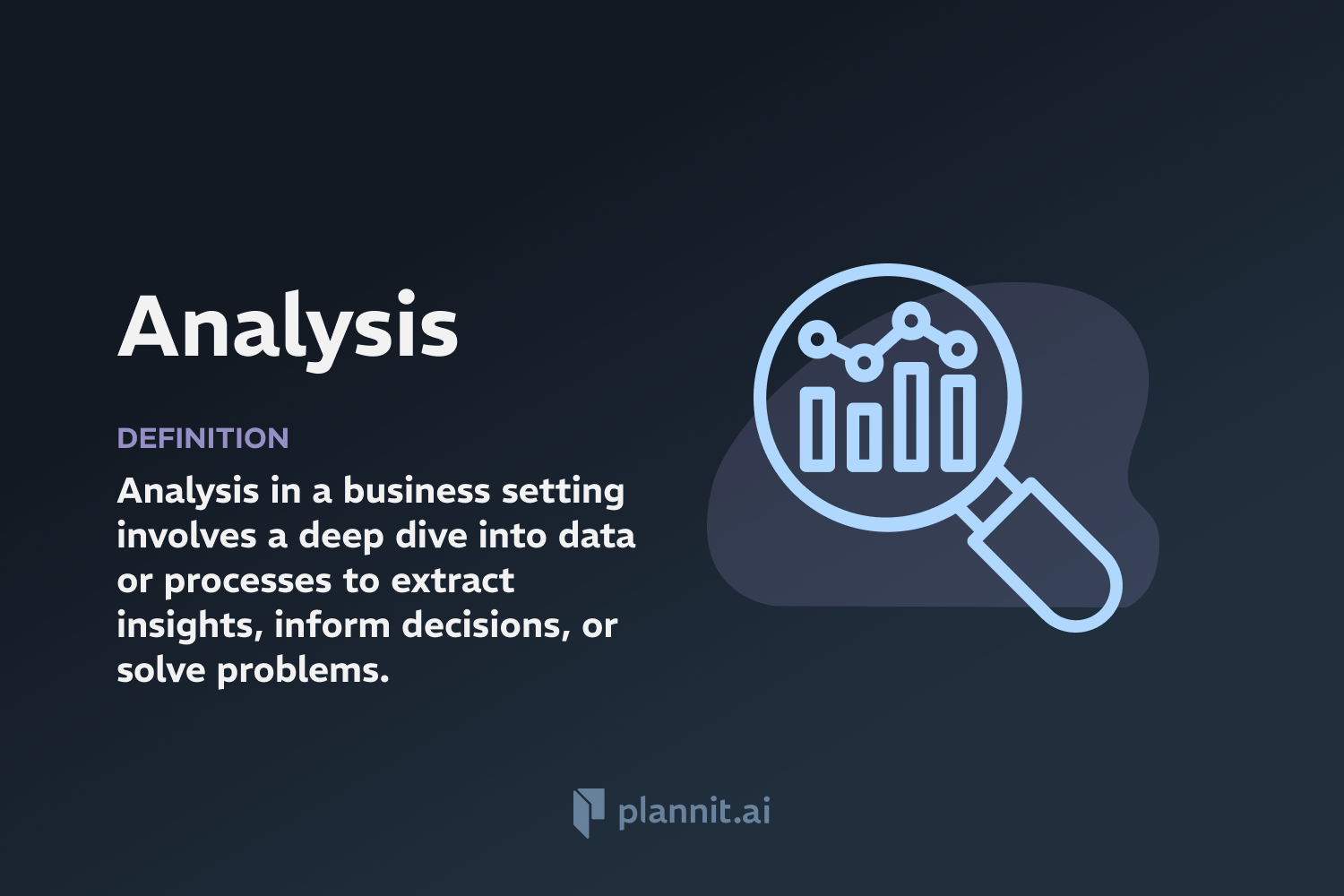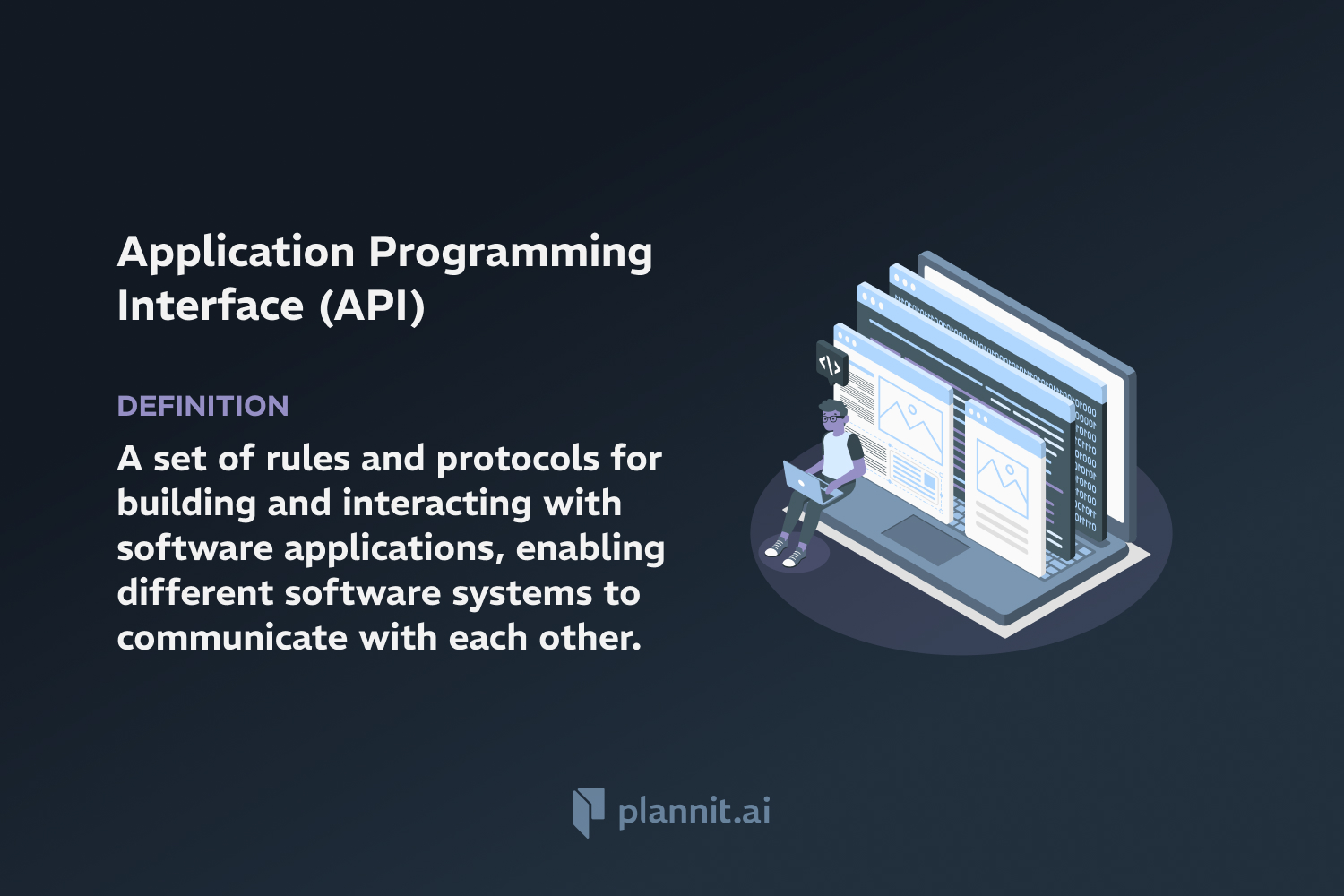Need Help With Your Business Plan?
Answer tailored questions and get a detailed business plan in minutes.
Contract: Definition & In-Depth Explanation
A contract is a legally binding agreement between two or more parties that is enforceable by law. Contracts are fundamental to all business operations, facilitating exchanges of services, goods, money, and property. They specify the terms and conditions under which the parties agree to interact and outline the responsibilities and rights of each party.
Purpose:
The purpose of a contract is to establish clear expectations for what each party has agreed to perform or exchange. Contracts protect the interests of the involved parties by detailing what happens if the terms are not met, thereby reducing uncertainties and potential disputes. They are essential for managing risks and securing commitments in various transactions.
Example:
A company might sign a contract with a supplier agreeing to purchase a certain amount of materials at a specified price and delivery schedule. The contract would include clauses concerning payment terms, quality standards, penalties for non-compliance, and procedures for terminating the agreement.
Related Terms:
Breach of Contract: Occurs when one or more parties fail to fulfill their duties as outlined in the contract, which may lead to legal actions and damages.
Enforceable: A contract must meet specific legal criteria to be legally enforceable, including mutual consent, a lawful object, and consideration.
Consideration: Something of value (such as money, services, or goods) that is exchanged between the parties within a contract.
Non-Disclosure Agreement (NDA): A type of contract in which parties agree to share confidential information and not disclose it to third parties.
FAQs:
What are the key elements of a contract?
The key elements include an offer, acceptance, consideration, mutual consent, legality of the subject matter, and capacity of the parties to contract.
How can a contract be terminated?
Contracts can be terminated by mutual agreement, fulfillment of the contract terms, breach of contract by one party, or if found to be void or unenforceable.
Are oral contracts enforceable?
While some oral contracts are enforceable, most jurisdictions require that certain types of contracts, such as those involving real estate, certain amounts of money, or long-term obligations, be in writing to be legally binding.
What is a void contract?
A void contract is a contract that is not legally enforceable from its inception because it lacks one or more of the essential elements of a valid contract.
How does a contract protect the rights of the parties involved?
Contracts specify the obligations and benefits for each party, providing legal protection if one party fails to meet their obligations, allowing the aggrieved party to seek redress or enforcement through the legal system.
Get funding with a business plan that will impress investors.
Starting a New Business?



